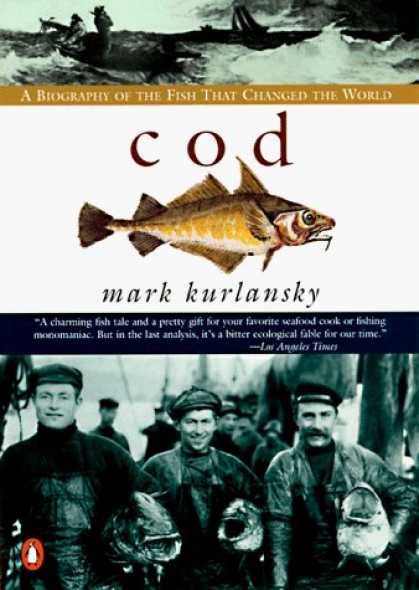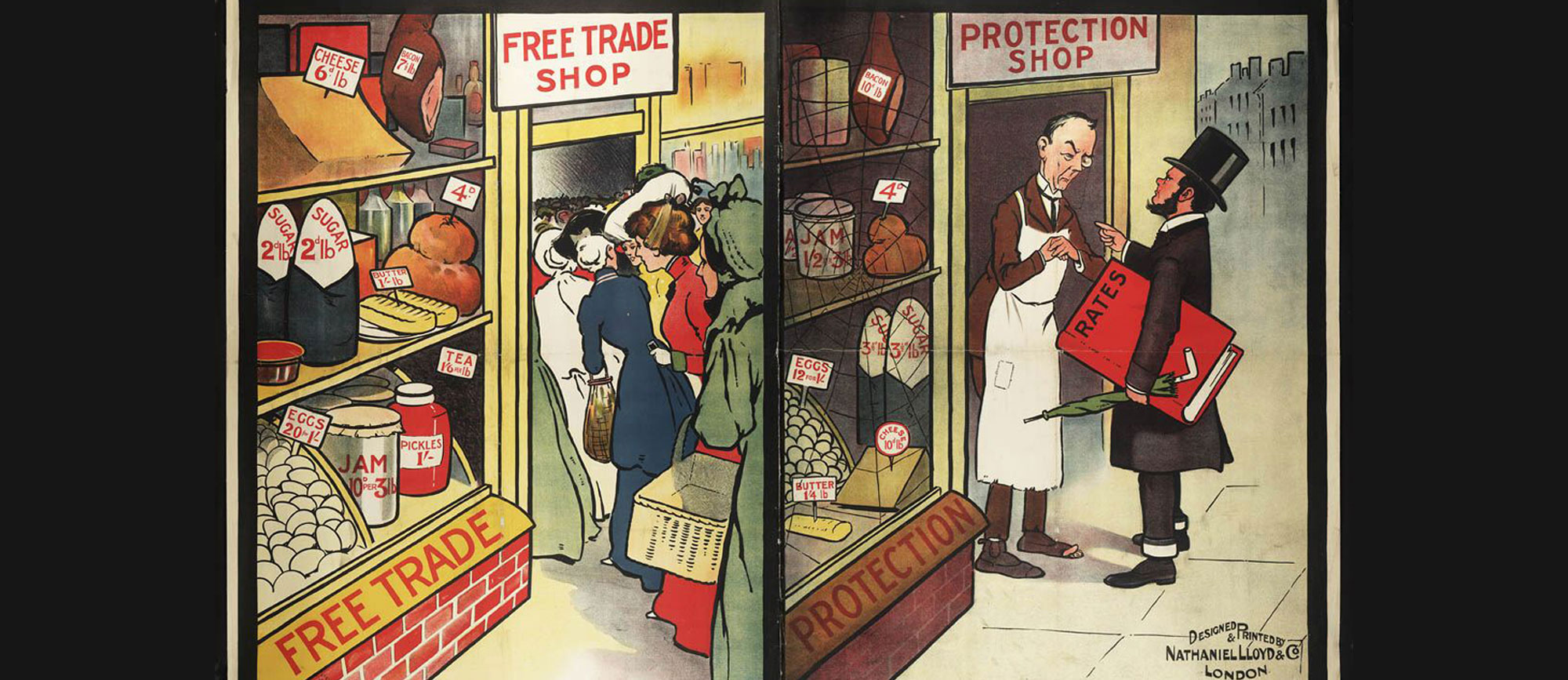 As with so many of our natural resources, we are slowly coming to the realization that nature’s bounty is not as limitless as we once so naively thought. Less than a century ago, fishing for cod was a staple of the fishing industry. While it was a gruelling job, there was a lot of pride associated with the business. There was also great commercial interest in this easy-to-catch fish – my grandfather remembers when his mother would cook cod cakes because it was the most economic fish around. Now cod cakes are gone, and for a host of reasons so is the cod population. In his book, Cod, author Mark Kurlansky says, “There is no known formula to predict how many fish… are required to regenerate a population.” The collapse of the cod population means a changing migration in global fish populations; coupled with the warming of the oceans, this could have devastating consequences for a planet that is almost 70% ocean.
As with so many of our natural resources, we are slowly coming to the realization that nature’s bounty is not as limitless as we once so naively thought. Less than a century ago, fishing for cod was a staple of the fishing industry. While it was a gruelling job, there was a lot of pride associated with the business. There was also great commercial interest in this easy-to-catch fish – my grandfather remembers when his mother would cook cod cakes because it was the most economic fish around. Now cod cakes are gone, and for a host of reasons so is the cod population. In his book, Cod, author Mark Kurlansky says, “There is no known formula to predict how many fish… are required to regenerate a population.” The collapse of the cod population means a changing migration in global fish populations; coupled with the warming of the oceans, this could have devastating consequences for a planet that is almost 70% ocean.
Kurlansky takes the rather unlikely topic of cod and turns it into a captivating narrative, while trusting the reader to have the capacity to understand this complex issue and the cultural implications it means for us all.
Cod takes readers to the beginning of this industry, back to the years when Vikings were exploring the North Atlantic, and when cod was a source of protein for multitudes in Europe. Only after the author ties in religion, the discovery of America, and the two World Wars can the reader begin to understand that the history of this industry is tied to its employees. From the Basque people in Spain, to the fishermen of Canada and New England, the book points to the social significance of our fishermen. The natural history of our planet is tied to the political history of our civilization, a realization Kurlansky subtly guides the reader towards.
The story of the cod is not a tame one filled with simple buying and selling. Rather, Kurlansky takes readers into the ‘Cod Wars’ between Iceland and England, back to the establishment of the 200-mile nautical limit, classifying what is international waters, which defines countless policy decisions and conflicts around the world. Cod paints Iceland as an aggressive nation, boldly taking on the United Kingdom in order to defend the country’s fishing rights.
Charming and passionate, this book takes the story of a devastated cod population and gives the reader hope that with some ingenuity, humanity can fix the problems it has created. An excellent blend of scientific fact and good old fashion storytelling, Cod demands the attention of the educated reader fishing for a pleasurable and insightful read.



